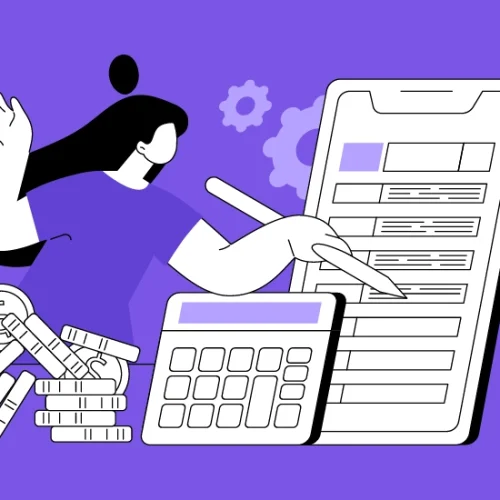The forex market is the largest financial market in the world. It has a lot of unique features that new traders may find boggling. There are also various participant forex market traders, who play different roles to keep the forex market running.
In this article, we’ll discuss different forex market traders and the different functions they play in this very lucrative market.
Banks
The largest volume of currency is traded in the interbank market. This is where banks of all sizes trade currencies with each other and via electronic networks. Big banks with deep pockets account for the biggest percentage of overall currency volume.
Banks also facilitate forex market transactions for clients and perform speculative trades from their own trading desks.
Central Banks
Central banks are one of the most important participants in the forex market. Open market operations and interest rate policies of central banks influence currency rates to an extreme extent.
Central banks are responsible for the exchange rate by which a currency will trade in the open market. Exchange rate regimes are divided into floating and pegged types.
Any decision made by a central bank in the forex market is done stabilize or increase the competitiveness of a nation’s economy. Central banks, as well as the governments and speculators, may engage in currency interventions to make currencies depreciate or appreciate.
Investment managers and hedge funds
Portfolio managers, pooled funds, and hedge funds make up the second biggest collection of players in the forex market next to banks. Investment managers trade currencies for large accounts such as pension funds, foundations, and endowments.
An investment manager with an international portfolio will have buy and sell currencies to trade foreign securities. Investment managers may also make speculative forex trades, while some other hedge funds execute currency trades which are speculative in nature as part of their investment strategies.
Corporations
Firms are involved in importing and exporting forex transactions to pay for goods and services. Companies trade forex to hedge the risks related with foreign currency transaction. For instance, a foreign firm might buy American dollars in the spot market or enter into a currency swap agreement to have dollars in advance of buying components from the American company to reduce the foreign currency exposure risk.
Individual investors
The volume of trades that is contributed by retail investors is extremely low when compared to banks and other financial institutions. On the other hand, forex trade is growing rapidly in popularity.
Retail investors base currency trades on a combination of fundamentals such as interest rate parity, inflation rates, and monetary policy forecasts, as well as technical factors like support, resistance, technical indicators, and price patterns.
There are different reasons for forex trading. Speculative trades, which are executed by banks, financial institutions, hedge funds, and individual investors, are motivated by profit. Central banks can move forex markets very dramatically through monetary policies, exchange regime setting, and, in some instances albeit rare, currency interventions.





